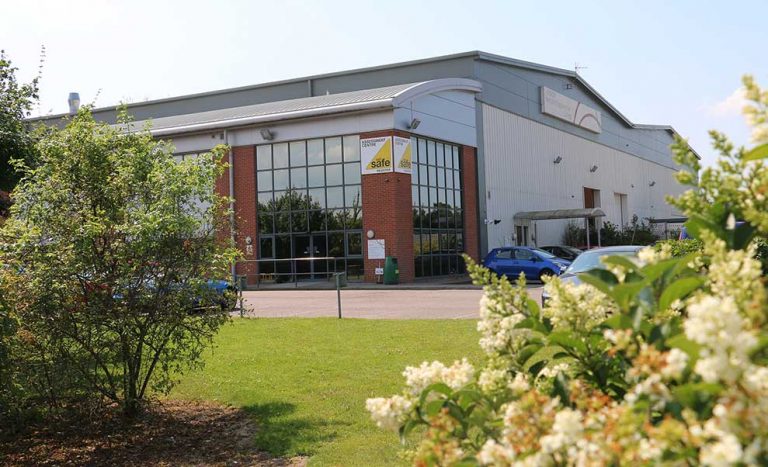East Midlands businesses continue to buckle under strain of economic turmoil
Construction consultants donate more than 100 Christmas hampers to food bank
Government cash boost towards cutting-edge training centre for green skills
2023 Business Predictions: Scott Norville, Managing Director of Silverstone Leasing
Manufacturing output volumes fall at fastest pace in over two years while selling price inflation remains high
- Manufacturing output volumes fell in the three months to December (weighted balance of -9%, from +18% in the three months to November), and at the fastest pace since September 2020. Output is expected to fall at a similar pace in the three months to March (-10%).
- Output fell in 11 out of 17 sectors in the three months to December. The decrease in overall output reported this quarter was driven by the food, drink & tobacco; paper, printing & media; and mechanical engineering sectors.
- Total order books were reported as below “normal” in December, to a similar extent as in November (-6% from -5%). However, the balance remains above the long-run average (-13%). Export order books were also seen as below normal and to a greater extent than last month (-19% from -7%). This was broadly in line with the long-run average (-18%).
- Average selling price inflation is expected to accelerate slightly in the next three months (+52%, from +47%). Although expectations for selling price inflation were comfortably below the multi-decade high seen earlier in the year (+80% in March), they remained well above the long-run average (+6%).
- Stocks of finished goods were seen as adequate in December, with the balance rising slightly compared to November (+7% from +5%).
IT firm completes year of fundraising by donning festive knits for Christmas Jumper Day
Government’s underinvestment in East Midlands illustrates why it must back region’s Centre of Trading Excellence, says Chamber
Former bank gains new identity with US fried chicken giant
Work to start in New Year as construction contract signed for Campus for Future Living
East Lindsey District Council has officially appointed Lindum Group to construct the £8.5m Campus for Future Living in Mablethorpe.
Opinions invited on amended plans for Ratcliffe on Soar power station site
- Amending the range of permitted uses on the Southern Area and land south of the A453 to those limited specifically to low carbon energy production and storage or manufacturing uses delivering the net zero transition.
- To place greater limits on the extent to which the height of buildings on the Southern Area can go above 30 metres.
- Limiting the amount of development which can be occupied before road improvements are delivered or there is agreement for their delivery. This is to ensure that the roads are able to cope with increased traffic levels and to enable the road improvements to be designed to also accommodate other major developments that are planned to come forward in the local area.
- To require a public transport strategy to be approved before new development can be occupied or brought into use. This is to help increase the number of people who will travel to and from the site by bus and train.
- To require a contribution to a traffic management study for local roads at and around nearby villages and the implementation of its proposed recommendations.
- Amendments to the LDO’s Design Guide to help better ensure that a quality new environment is delivered when the power station site is redeveloped.
- A zero-carbon technology and energy hub for the East Midlands
- Highly skilled jobs
- Modern industry and business uses, served by on-site sustainable energy generation and storage
- Advanced manufacturing, for example to produce electric car batteries
- A hub for research, development, and innovation, through links with universities, business support organisations and established industry.












